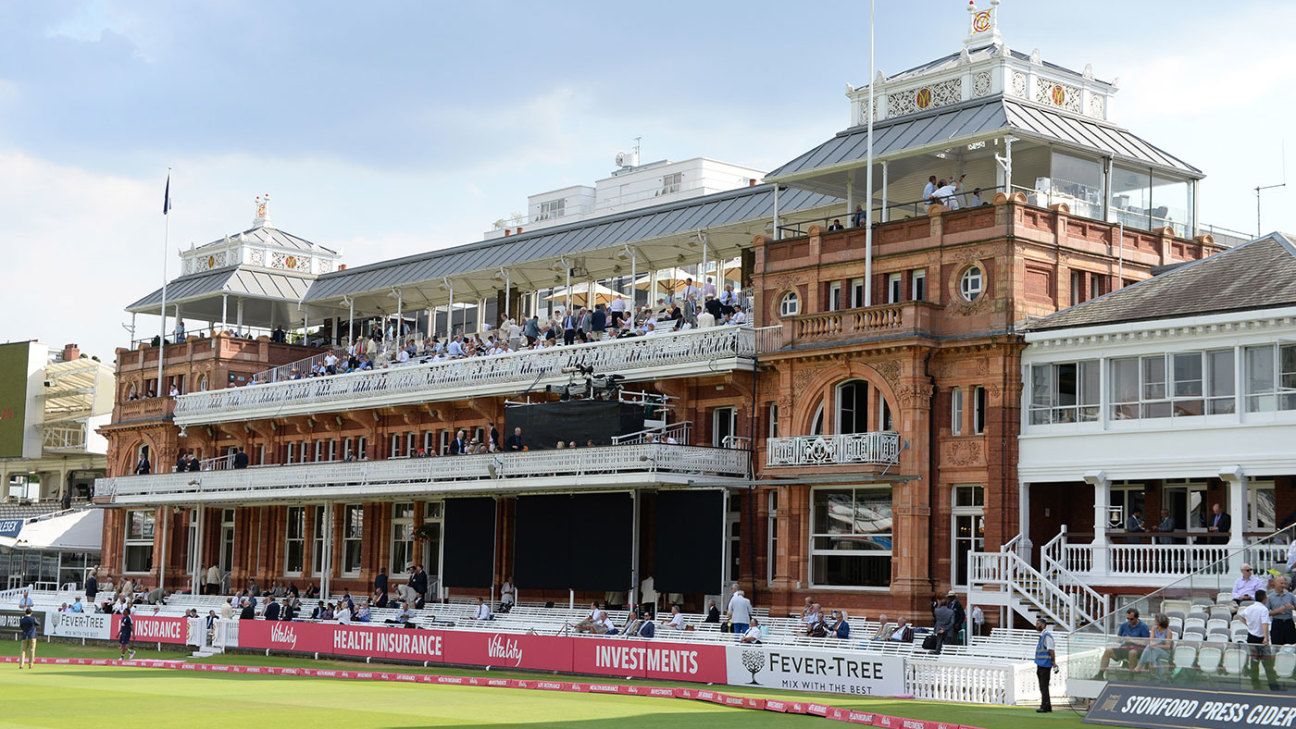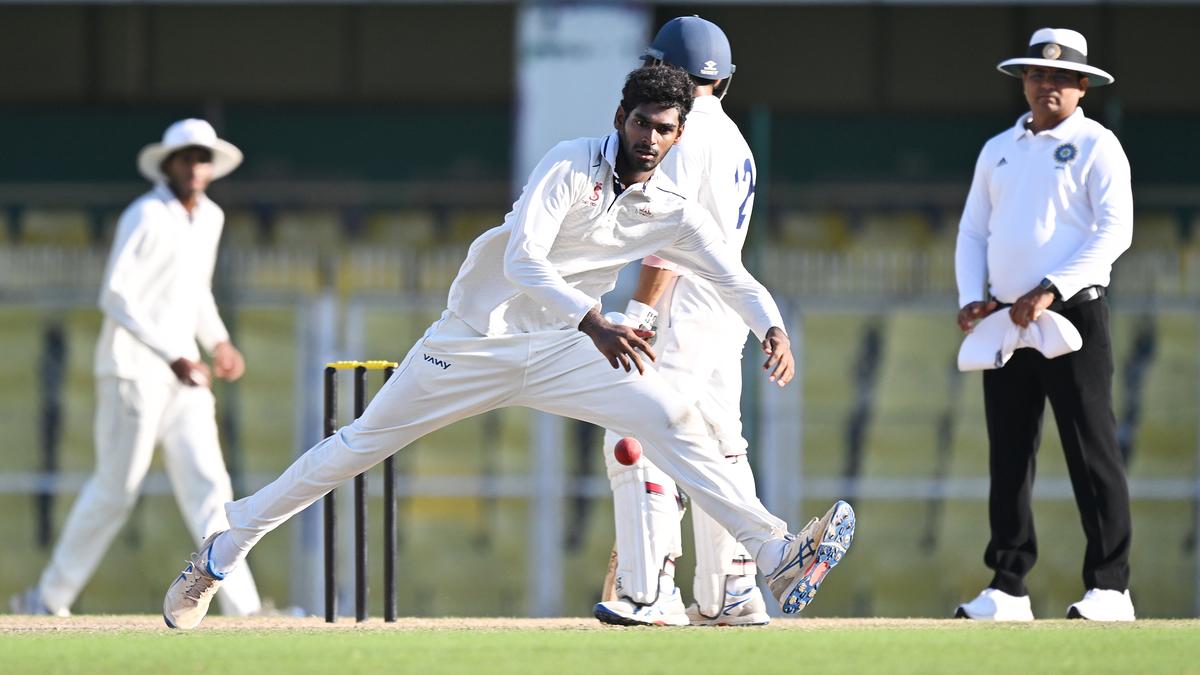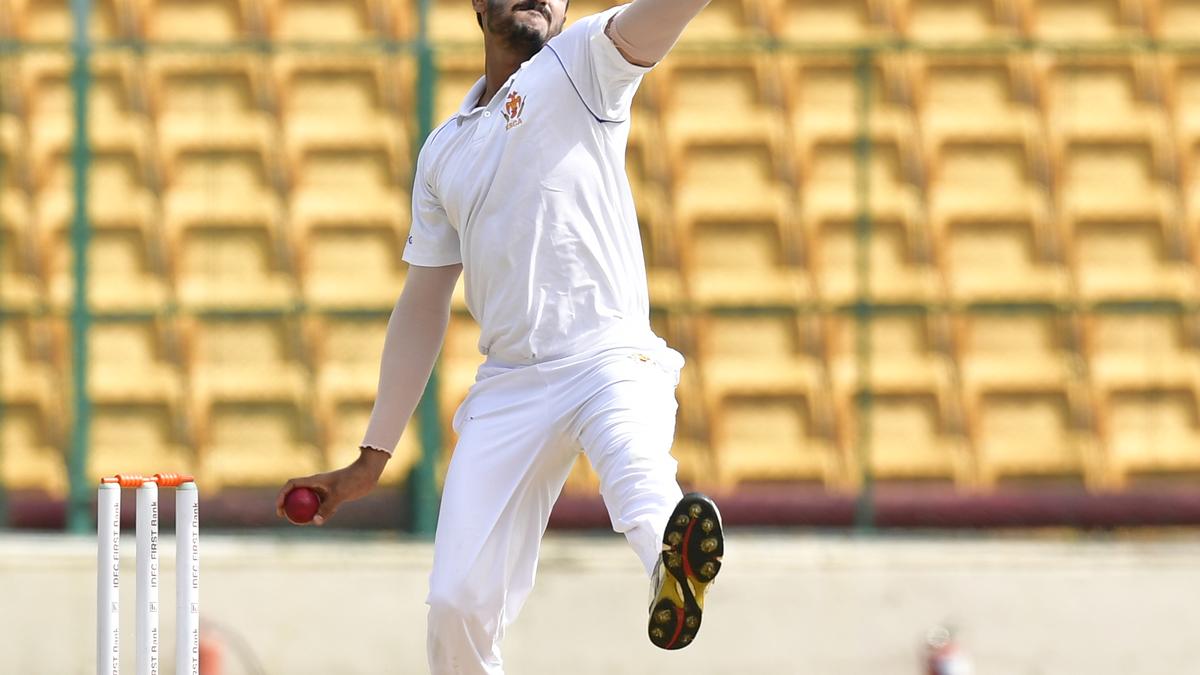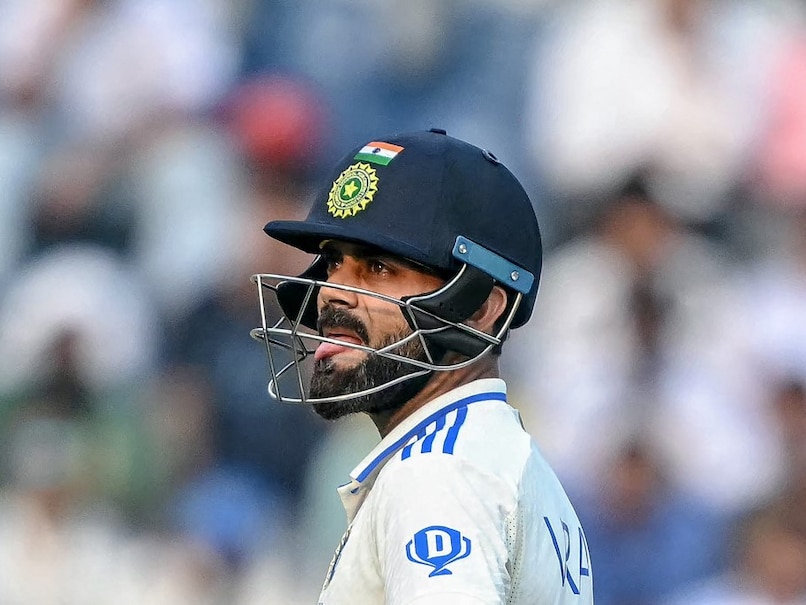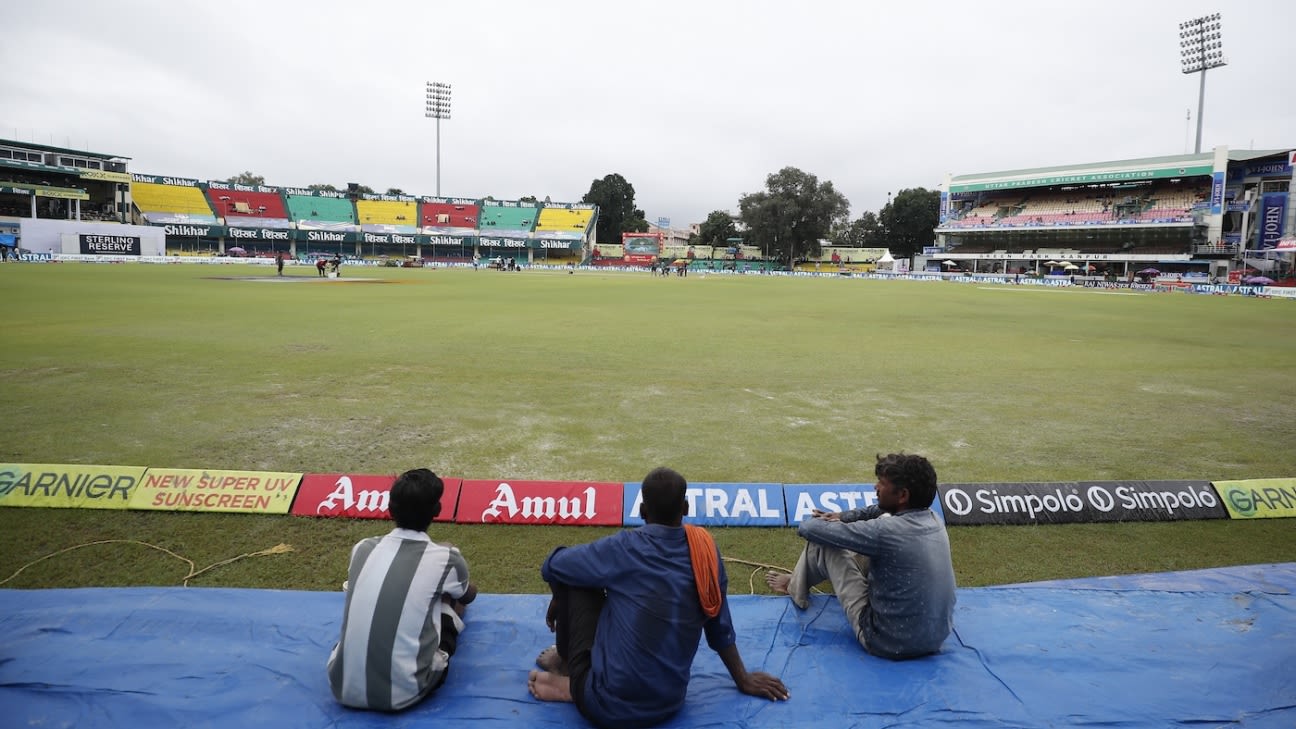Middlesex County Cricket Club, a historic tenant at Lord’s Cricket Ground for over 160 years, is contemplating a future away from its iconic home. Concerns over the club’s lack of first-class infrastructure and the potential impact of the Hundred tournament have prompted this strategic re-evaluation.
Chief executive Andrew Cornish acknowledges that Middlesex’s “nomadic” status has its advantages, including freedom from debt. However, he recognizes the need for a long-term strategy to maintain the club’s status within English cricket.
The absence of a permanent home has become a significant issue, particularly with the advent of the Hundred. Host-venue clubs are expected to receive 51% equity shares of their respective teams, a situation that has left MCC, rather than Middlesex, as the primary drivers of the Lord’s-based London Spirit.
Cornish believes that Middlesex’s departure from Lord’s could open up new opportunities for the club. He suggests that Lord’s could become a multi-team venue, similar to the San Siro in Milan, which hosts both AC Milan and Inter Milan.
Despite the potential benefits of a move, Cornish emphasizes that Lord’s has a duty to serve the needs of North London’s cricket community. He believes that the ground should be open to hosting two Hundred teams in the future.
Middlesex has a history of investing in grassroots cricket, particularly in communities with large African Caribbean and Southeast Asian populations. The club has recently opened new facilities at Merchant Taylor’s School and Brentford, providing state-of-the-art training and playing opportunities.
While Middlesex’s financial situation has improved, the club remains cautious in its spending. It has opted to forego overseas players and host T20 Blast matches at Essex’s ground to mitigate costs.
Cornish is confident in Middlesex’s long-term financial stability but acknowledges the importance of Lord’s to the club’s existing business model. He believes that the ground must meet its obligations to the wider London community and explore opportunities for expansion.

